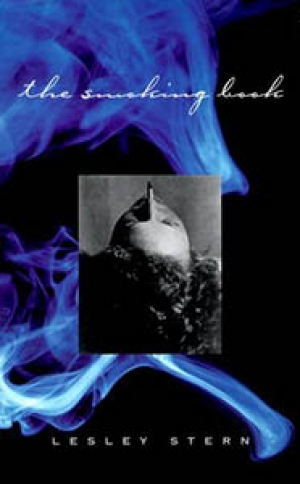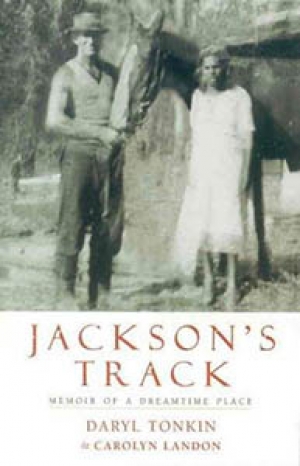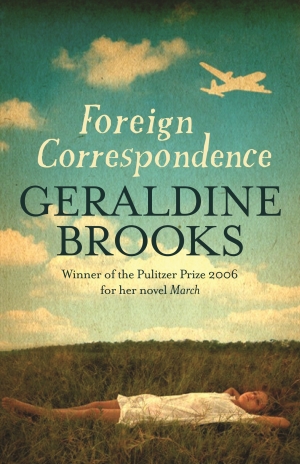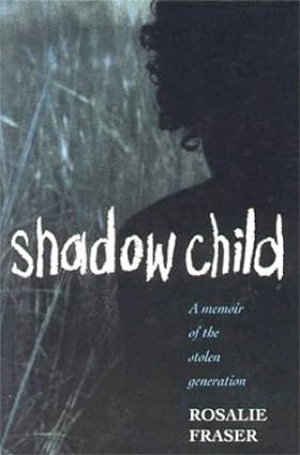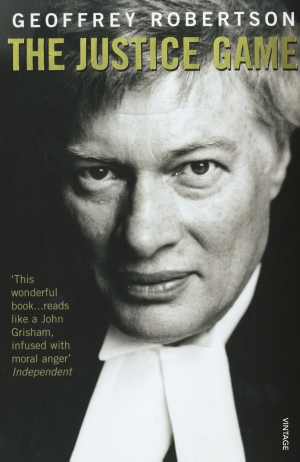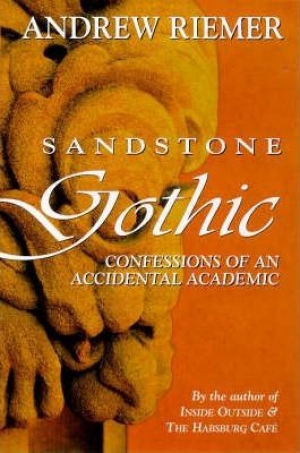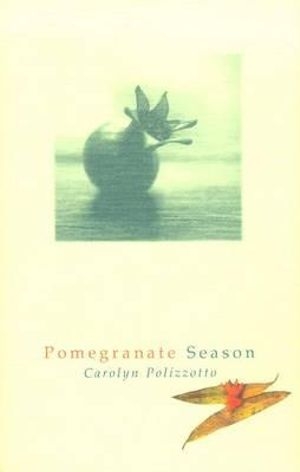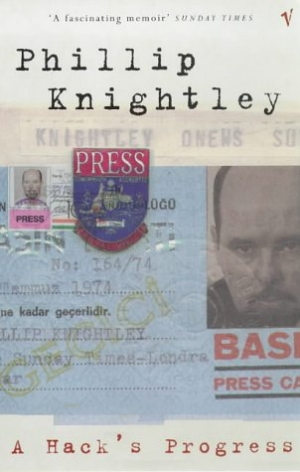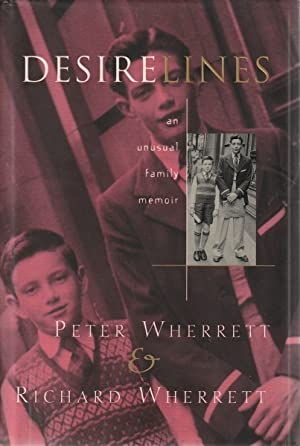Memoir
George Papaellinas reviews 'The Smoking Book' by Lesley Stern
When I was still a jot at uni, a medical student friend stumbled late out of her latest lecture and reassured me. And then she assured me, ‘It was horrible! We had slide after slide of some dead smoker’s lungs. And they were disgusting! I’m gonna be sick! Give me a cigarette!’ That’s when I first understood that ‘smoking’ was not ever going to be a straightforward subject.
... (read more)Rolling Column | Alison Ravenscroft on 'Jackson’s Track: A memoir of a Dreamtime place' by Daryl Tonkin and Carolyn Landon
When I first picked up a copy of Jackson’s Track: A memoir of a Dreamtime place (Daryl Tonkin and Carolyn Landon, Viking 1999), I expected to find the life story of an Aboriginal woman. The striking cover photograph the 1940s of Euphemia Mullett in high-heeled shoes and light summer dress, standing beside a white man and his horse in a forest clearing suggested it, as did the reference to the dreamtime in the book’s title. I soon discovered my mistake. Jackson’s Track is instead the memoir of the white man in the photograph, Daryl Tonkin, who owned land and a timber mill at Jackson’s Track, West Gippsland, for over forty years from the mid-1930s. During this time, an Aboriginal community of over 150 people established itself at Jackson’s Track, setting up camp in the forest and working for Tonkin, felling timber for the mill. Euphemia Mullett was with those people attracted to the promise of work at Jackson’s Track, and she would go on to live there for over thirty years as Tonkin’s wife.
... (read more)Brenda Niall reviews 'Foreign Correspondence' by Geraldine Brooks
When Geraldine Brooks went through her father’s possessions after his death, she found the bundles of letters which prompted her to write Foreign Correspondence. Lawrie Brooks had been in the habit of writing to politicians and intellectuals with ideas and questions, and he had kept all their replies. Each letter, Brooks reflects, is ‘a small piece of the mosaic of his restless mind’. Because her father hoarded his past in photographs and newspaper clippings as well as letters, she had the makings of an intimate portrait of a reserved and unhappy man.
... (read more)Marion Halligan reviews 'Between the Fish and the Mudcake' by Andrew Riemer
I was tempted to do a wicked thing when writing about Between the Fish and the Mud Cake: to take its subjects and describe my experiences with them. So I would tell you all about my lunch with Georges Perec at the French Embassy in Canberra. What he said, and I said, and the ambassador said, and what I made of it all. The book mentions touring with Carmel Bird; I could describe my friendship with her. But Andrew Riemer is not that sort of reviewer, and his book is much too interesting in itself to be one-upped like that.
... (read more)Rosalie Fraser, a two-year-old Aboriginal child, is taken from her family by Child Welfare authorities and fostered with a distant relation of her non-Aboriginal father. She suffers years of abuse at the hands of her foster mother. Occasionally she runs away but her foster mother is always able to charm her into returning. She finally leaves for good when she meets a young man named Stan whom she later marries. In her mid-twenties a gynaecological operation which becomes unexpectedly complicated and painful causes flashbacks of the abuse she endured as a child and she realises she has to confront her past. She writes Shadow Child and in conclusion recommends writing as a therapy for anyone ‘who has problems to come to terms with’.
... (read more)The memoirs of any barrister still in harness are, by definition, advertising. The mystery of The Justice Game is what on earth Geoffrey Robertson needs to sell. He is much too busy already. A queue of life’s victims wanting his help in court would stretch twice round the Temple. But drumming up business is not what the book is about. Its real purpose, I suspect, is to show that, despite a certain radical reputation, Robertson is a sound man.
... (read more)David McCooey reviews 'Sandstone Gothic: Confessions of an accidental academic' by Andrew Riemer
In retrospect it’s not surprising that Andrew Riemer wrote so insightfully about Shakespeare’s comedies. Those green worlds of transformation are expressive of longing and nostalgia, of social order being restored through the acceptance and reconciliation of opposing forces. That the brute, material world is partly dealt with through nostalgia, fantasy and parody is an idée fixe of Riemer’s elegantly written autobiographical books.
... (read more)Brenda Niall reviews 'Pomegranate Season' by Carolyn Polizzotto and 'Till Apples Grow on an Orange Tree' by Cassandra Pybus
Two autobiographical works, both by women historians, are presented in the elegant small format which often says ‘gift book’ and may suggest more surface charm than substance. In fact, there are at least as many contrasts as resemblances between the two, and although the mood is quietly reflective, there is no easy nostalgia.
... (read more)Phillip Knightley prefaces his book with these definitions, so which does he want to identify himself with? Surely not the first. A mere scribbler he may have been early in his career, especially when he was recycling other journalists’ stories (hacking them about, perhaps?) at the London officer of the Australian Daily Mirror. But no-one, now, could call him a poor writer.
... (read more)Autobiographical tales, at least in Australian culture, tend to come in three kinds: the kind that was written as a self-consciously literary product; the kind that has a unique or sensational angle, or focus, or moment; and the kind that was written by the famous to tell the story of their fame, usually with content well to the fore over style.
... (read more)
